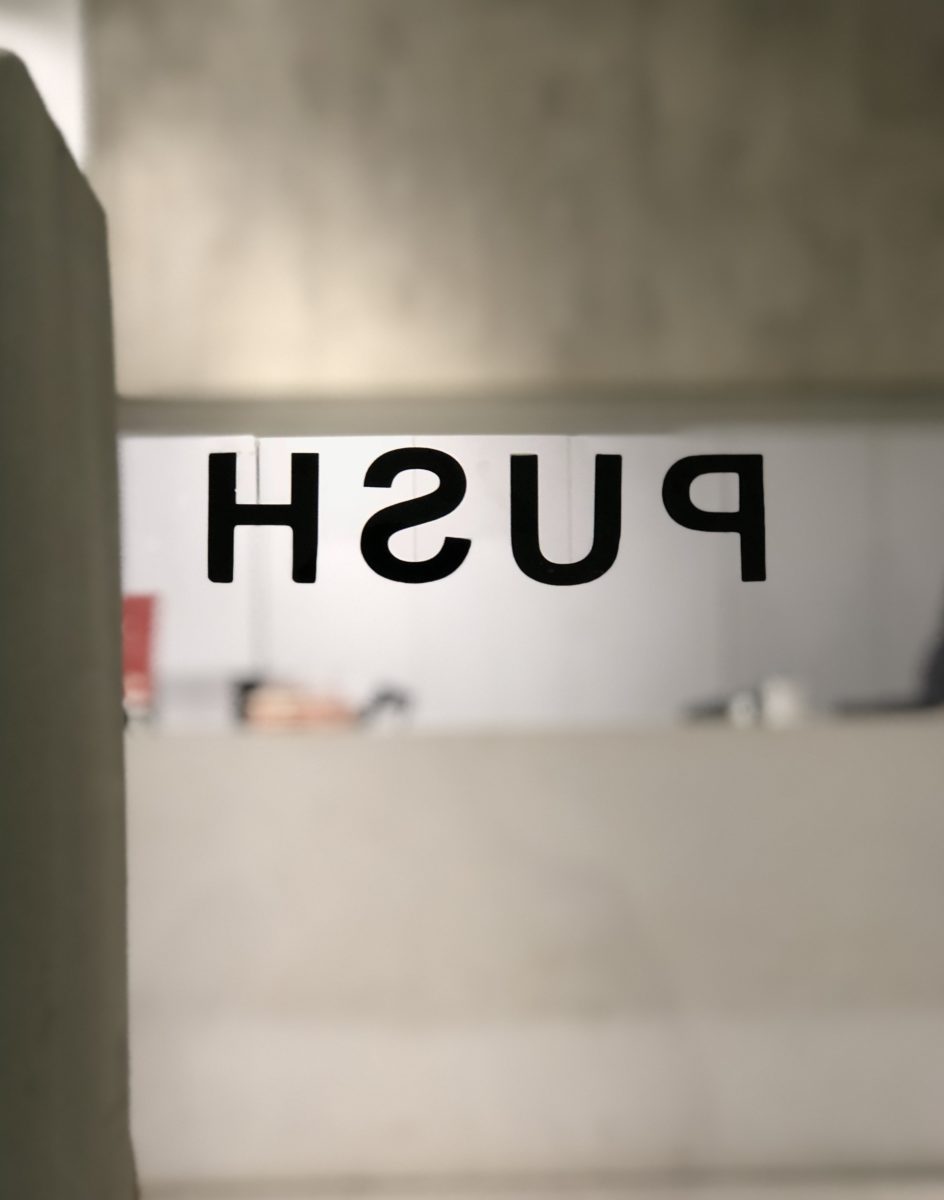For a while, I wasn’t sure I’d ever make it back to this blog “series,” (see here for Soapbox #1 Part 1, Part 2, Part 3) but today, I am back on a soapbox! Woohoo! So what got me going again? Presidential debates.
In the name of full disclosure, I did not watch the debates. But that’s really okay, in this instance. I’m not going to talk about the arguments made or “facts” stated. I don’t need to quote from the transcripts to make my point here…because Soapbox #2 is all about attitude.
Think about the three debates. Yes, there were fact checkers. Yes, there were comments that made headlines. But when we think about each of the debates, what most of us remember is how the candidates presented themselves – who seemed more “presidential” or who behaved “poorly.”
And that is the point of Soapbox #2.
While most of us (thankfully) will never have to participate in a televised debate, at some point, we will all have to respond to “the other side.” The topic might be politics, the Mommy Wars, money, religion, or who performed better on Dancing with the Stars this week. But someday, every last one of us will find ourselves at odds with someone else.
And what the presidential debates illustrate so perfectly is that, when the moment of discussion comes, people will walk away remembering our attitudes much more clearly than they will remember our arguments.
Because of this reality, we must, we must, think about the way that we present ourselves and our ideas, not only the ideas we present. In other words, the HOW is just as crucial as the WHAT when you are making your case. And if you really want to have an impact in your world, if you really want to influence how people think, if you really want to have people mark you as someone worth listening to, you have to learn to control your attitude.
I call it being Humbly Certain.
The Trouble with Certainty
We are, generally speaking, very good with the certainty part.
In a nutshell, being certain means knowing what you think. It means doing the work to think an issue through and know where you stand on it. And you cannot hope to have any influence on the thoughts of others until this part is done.
However, certainty does not mean stagnant. For many people certainty is an end in itself, a finish line. We know where we stand so there’s no need for more thought and discussion. But certainty is not a once-for-all conclusion. It’s merely about getting to a conclusion that you can explain and support where you are in your thinking right now.
That “right now” is important because our views can and will and should change. Are you the same person now as you were in high school, in college, at age 30? Do you see the world the same way today? Hopefully (and most likely) NO! The longer we live, the more our views change. And even if our conclusions stay the same, we develop deeper, (hopefully) more mature reasons for why we believe as we do. Our understanding grows as we learn more, live more, experience success and failure. Our experiences either challenge our ideas until we modify them or they reinforce them, making us more certain of our original views.
And the fact that our views sometimes change doesn’t mean we’re not certain. It simply means that we are as certain as we can be, right now. It means that, to the best of our knowledge, on this day, we are convinced of our opinion. We are certain.
But certainty also has a downside – we can be so “certain” that we become arrogant. We are incredibly good at drawing conclusions (or jumping to them, as the case may be). We are sure of where we stand, convinced that our way is right and attacking vehemently “those people” who see things differently. We claim certainty, and having claimed it, we beat people over the head with it. It isn’t pretty. And it isn’t kind.
That is why the best debaters and, I would argue, every Christian, must learn to temper their certainty with humility.
Humbly Certain
Being humbly certain means taking the position that “I am sufficiently convinced of my ideas to discuss them…but I also acknowledge that I could be wrong.” It means being sure enough of where you stand that you can confidently debate about it. But at the same time, you allow for the possibility that you might not have all the answers, all the facts. You might not have the full corner on truth.
So you argue your side to the best of your ability, but also with an attitude of openness instead of arrogance. You concede the outside chance that someone in the room might know more than you do. That the opposing side might have information you were unaware of. It leaves open the possibility that you are not the only and highest authority on any particular topic, that you are not, in the moment of debate, a surrogate God.
Being humbly certain means realizing that there are black and white issues, there are hills worth dying on, but that the vast majority of ideas we discuss are not those things. It means keeping in mind that God’s infinite knowledge and wisdom means He can see where the black stops and the white starts, while our finite minds will only perceive the gray. In other words, it means keeping in mind, always, that we can be wrong, that our ideas may not be fully true, that we might, in fact, need to adjust our way of thinking to be more in line with Truth.
And in regard to “those people” who would dare think differently…being humbly certain means treating any opponent as a thinking and rational person (even if she sometimes isn’t), so that you do not turn people off from hearing your argument because they can’t get past your attitude.
And this is where the vast majority of people, myself included (myself especially!), struggle with this concept.
We want to be right, at all costs. We don’t want to face the true complexity of the world in which we live or the problems that we face or the solutions that we need. We want to oversimplify the situation, then pick a side and start hurling “facts” at the other side like so many snowballs.
Our arrogance wants to destroy any who would disagree with us. So we must work hard to do exactly the opposite. Instead of arrogance, we must strive and practice and seek after an attitude of humble certainty.
And what does that look like? I hope to dive into that shortly, so stay tuned!



October 24, 2012
Very good point. Waiting for the next installment 🙂